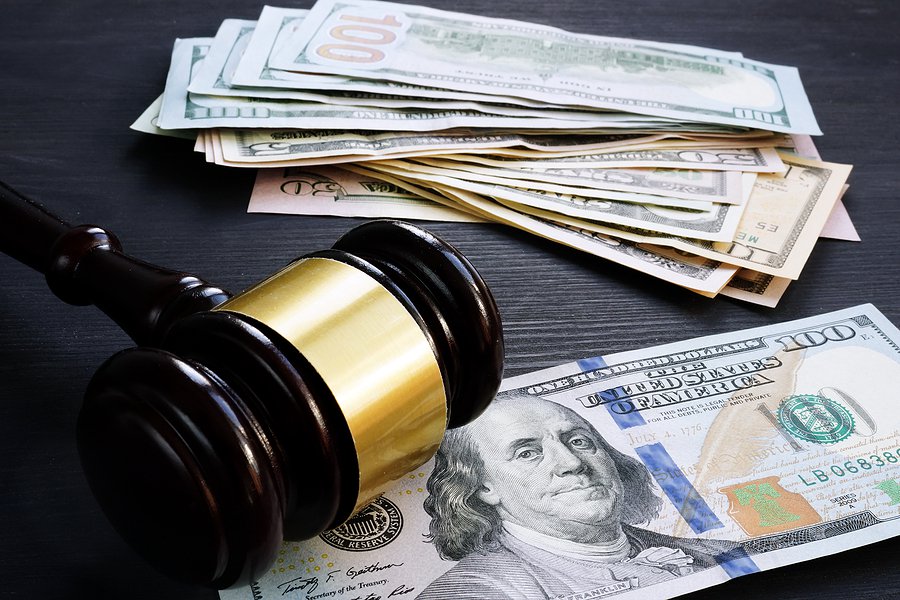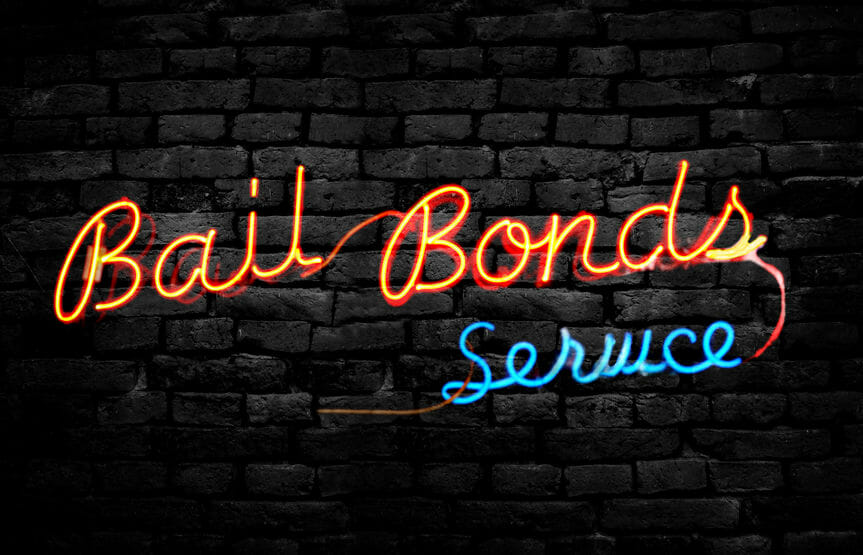Reputable Bail Bonds Montgomery County - Professional Support
Reputable Bail Bonds Montgomery County - Professional Support
Blog Article
Navigating the Legal Labyrinth: Bail Bonds Explained for Beginners
Browsing the intricacies of the lawful system can often really feel like traversing a complicated labyrinth, especially when it comes to comprehending Bail bonds. As we dive much deeper into this topic, quality will certainly be lost on the bail bond procedure, the linked expenses, and beneficial ideas for successfully engaging with Bail bondsmen. bail bonds montgomery county.
Essentials of Bail Bonds
Bail bonds serve as an economic warranty that an accused will show up in court as required. If the individual can not pay for the full Bail amount established by the court, a bail bond agent can be employed to supply the necessary funds on their behalf.
Basically, a bail bond is an agreement in between the accused, the court, and the bail bond representative - dayton bail bonds. The agent consents to pay the full Bail amount if the accused falls short to appear in court, in exchange for a non-refundable charge typically established at 10% of the total Bail. This fee functions as the representative's profit for tackling the risk of the accused's non-appearance. By recognizing these basic concepts of Bail bonds, people can make enlightened choices when confronted with legal difficulties that call for economic help for their release.
Types of Bail Bonds
The most common kind is a cash bond, where the accused or a family member pays the complete Bail quantity in money. An additional choice is a surety bond, where a bond bondsman pays the Bail on behalf of the offender for a fee, generally around 10% of the complete Bail amount. Comprehending these different kinds of Bail bonds can assist individuals navigate the legal procedure much more properly.
Bail Bond Refine Discussed
The bail bond procedure involves a series of lawful actions that help with the launch of an accused from wardship pending their court look. When an individual is jailed, a judge sets a bail amount based upon the extent of the alleged criminal offense and the possibility of the accused showing up in court. If the offender can not pay for the complete Bail quantity, they can look for the solutions of a bond bondsman. The defendant or their loved ones pay the bondsman a non-refundable charge, normally a percent of the complete Bail quantity, to safeguard a bail bond. The bail bondsman then uploads the full Bail amount to the court, guaranteeing the defendant's appearance in any way court procedures.

Comprehending Bail Bond Costs
Upon protecting a bail bond through a bail bondsman, people come across a crucial element of the legal procedure: the financial commitments connected to the bail bond. Bail bond costs generally entail a non-refundable cost, typically around 10% of the complete Bail amount established by the court.
Along with the premium, security may be needed to protect the bail bond. Collateral can be in the type of home, valuable properties, or a co-signer that assures settlement if the defendant avoids Bail. The collateral works as a backup strategy for the bail bondsman in situation the defendant absconds.
It's important for people looking for Bail bonds to fully understand the expenses entailed and the terms of the contract prior to continuing. By being notified regarding bail bond costs, people can browse the legal process more successfully and make educated choices.
Tips for Dealing With Bail Bondsmen

Furthermore, it's important to offer accurate information regarding the accused and their situation. This consists of information such as their complete name, day of birth, the place of their apprehension, and the fees they are dealing with. bail bonds dayton ohio. Giving incomplete or incorrect details can lead to hold-ups in the bail bond process

Conclusion
To conclude, recognizing the fundamentals of Bail bonds, the different types available, the procedure involved, and the prices associated with them is vital for navigating the legal system. By dealing with Bail bondsmen and complying with these pointers, individuals can ensure a smoother and extra reliable Bail procedure. It is crucial to be notified and educated when dealing with Bail bonds to prevent any type of unneeded problems or misconceptions.
Basically, a bail bond is a contract between the defendant, the court, and the bail bond agent. Another alternative is a surety bond, where a bond bondsman pays the Bail on behalf of the offender for a charge, typically around 10% of the total Bail amount. The defendant or their loved ones pay the bondsman a non-refundable cost, typically a percentage of the complete Bail amount, to secure a bail bond.Upon securing a bail bond with a bail bondsman, individuals run into a crucial element of the lawful process: the economic commitments tied to the bail bond. Bail bond costs commonly entail a non-refundable charge, usually around 10% of the complete Bail amount established by the court.
Report this page